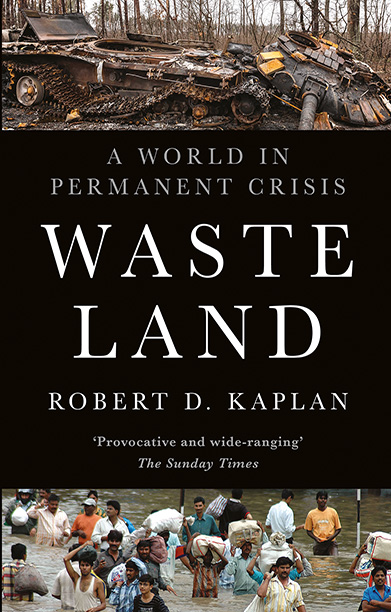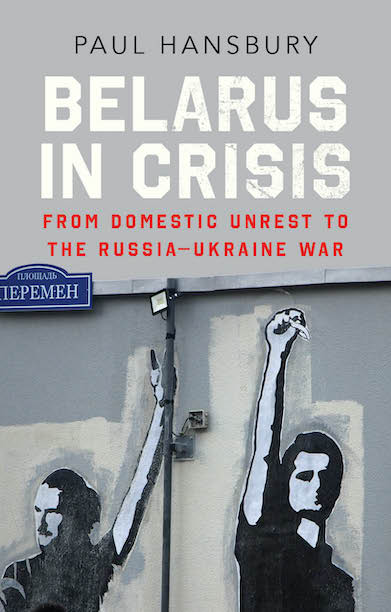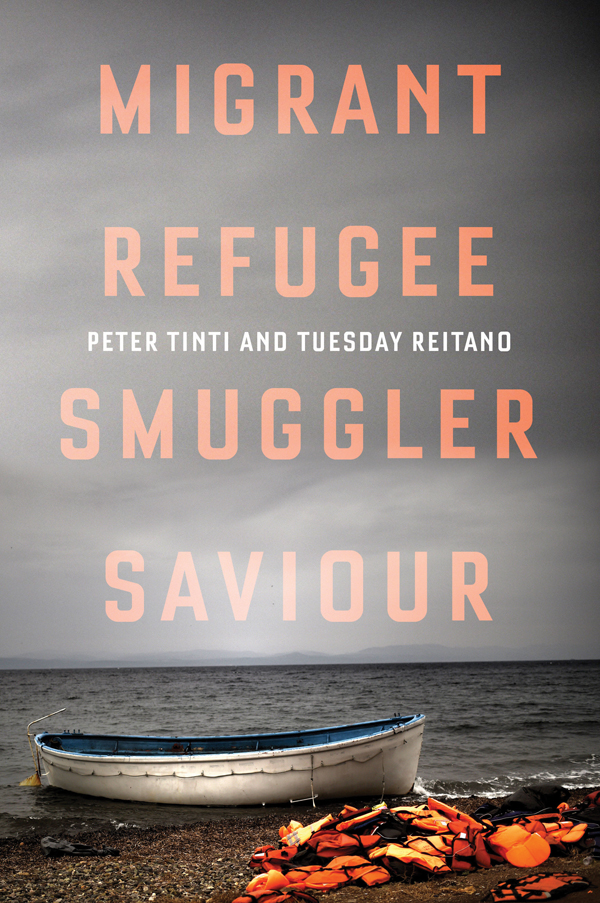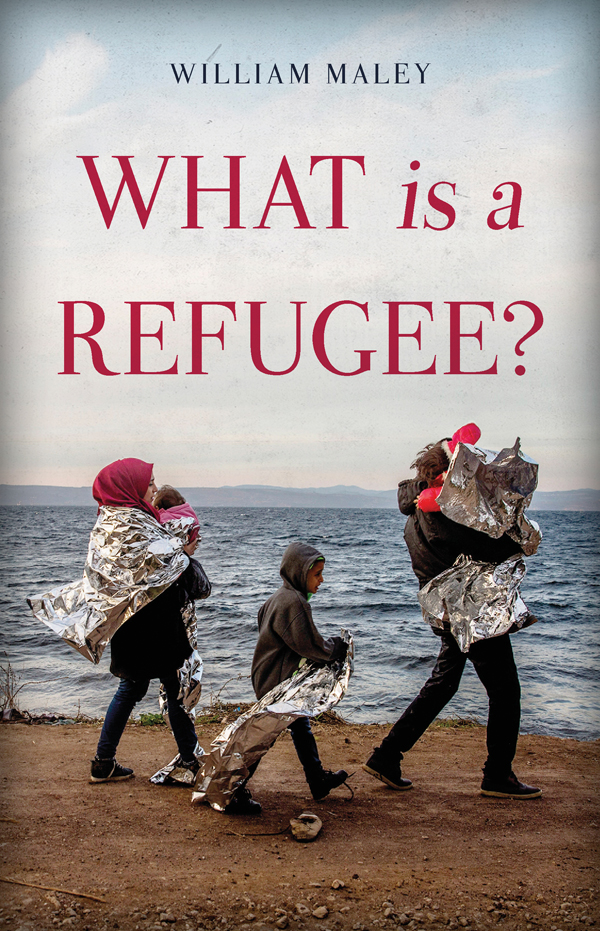Waste Land
A World in Permanent Crisis
A Sunday Times Book of the Week
One of the Financial Times’ Books to Read in 2025
One of Foreign Policy’s Most Anticipated Books of 2025
A darkly brilliant, wide-angled vision of our chaotic, globalised world, where present crises resonate with past tyrannies—from a bestselling geopolitical expert.
Description
We are entering a new era of global cataclysm; a deadly mix of war, climate change, great-power rivalry, rapid technological advancement, and the end of empire. In Waste Land, renowned world affairs author Robert D. Kaplan explains incisively how we got here and where we are going.
Kaplan’s trademark sweep of history, literature, politics and philosophy draws parallels between today’s challenges and those of Germany’s interwar Weimar Republic. Today, too, every national disaster could spread across the world, given this century’s singular dilemmas—pandemics, recessions; urbanisation, mass migration; destabilisation under large-scale democracy and great-power conflict; and the intimate bonds forged by digital media. Could stability and historic liberalism, rather than mass democracy per se, save world populations from anarchic breakdown?
Waste Land is a bracing glimpse into a future defined by twenty-first–century technology, but remarkably resonant with the past. The situation may be spiralling out of our control—unless our leaders act first.
Reviews
Robert Kaplan in conversation with Krishnan Guru-Murthy and Channel 4 News’ Economics Correspondent, Helia Ebrahimi.
‘Provocative and wide-ranging.’ — The Sunday Times
‘Compelling … Despite Mr. Kaplan’s pessimism, his conclusion is the only right one: “We have no choice but to fight on, as the outcome is not given to any of us in advance”.’ — The Wall Street Journal
‘It is Kaplan’s conviction as well as the sweep of his material that make Waste Land so striking.’ — Financial Times
‘Undoubtedly an important book.’ — The New Statesman
‘Timely … heavyweight intellectual Robert D. Kaplan is an ideal guide to the madness an (ray of light) solutions.’ — The Evening Standard
‘Kaplan challenges readers with the breadth of his vision and erudition, and his grasp of so many diverse strands of culture and history makes this a great read for those looking to make some sense of things.’ — Booklist, starred review
‘A provocative thought experiment, of much interest to students of contemporary geopolitics.’ — Kirkus Reviews
‘In a book perfectly timed for our miserable moment, Kaplan shows why well-chosen words, slow-thinking and appreciation of history matter still.’ — Inside Story
The World in 2025: Finding A Way Through Permanent Crisis with Robert Kaplan and Alec Russell, Foreign Editor at the Financial Times.
‘Robert D. Kaplan is one of America’s most prolific and important writers … Waste Land [gives us] a lot to ponder about the resilience of our ancestral tradition of liberal humanism.’ — Law & Liberty
‘Robert Kaplan is one of the most sophisticated and incisive geopolitical analysts of today’s world. His latest work is typically elegant, grounded in a vast range of philosophy, travel and literature. The book is a tribute to the role that history can play in illuminating a path for policymakers in an ever-more uncertain and chaotic world.’ — John Bew, Professor of History, King’s College London, and senior foreign policy advisor at No. 10 Downing Street
‘A compelling, stark, critically important book that conveys the urgency of the present moment and the unprecedented challenges that face mankind. Once again, Robert Kaplan has brilliantly distilled an exceedingly complex set of issues that have to be resolved. Waste Land solidifies Robert Kaplan’s reputation as one of the truly masterful observers and thinkers of our time!’ — General David Petraeus, US Army (Ret.), former Commander of the Surge in Iraq, US Central Command, and Coalition Forces in Afghanistan, and former Director of the CIA
‘One of the great geopolitical thinkers of our time has produced yet another compelling, scholarly, and eminently readable book of thoughtful global analysis. Weaving everything from the gorgeous poetry of T.S. Eliot to the neo-realistic thinking of Jeane Kirkpatrick to the tragic history of the Weimar Republic, Robert Kaplan provides a dark mirror held to a dangerous world that commands our attention page after page. A cautionary tale of absolute brilliance!’ — James Stavridis USN (Ret), 16th Supreme Allied Commander of NATO
‘Kaplan is one of my favorite Neo-Malthusian pessimists. He has an incredible bandwidth—prodigious reader, inveterate traveller, journalist, thinker, writer. Waste Land’s relevance manifests itself immediately.’ — Joe Klein, New York Times bestselling author of Primary Colors, writer of the Sanity Clause newsletter
‘A darkly brilliant, and engaging survey of our world in chaos. And yet in this deeply erudite literary, cultural, and historical narrative, Kaplan offers both warning and hope that America amid such confusion and danger will be alright—if it remembers to reestablish and cherish its traditions of order, the rule of law, moderation, humility, unity, borders, and its unique commitment to economic, individual, and constitutional freedom and tolerance.’ — Victor Davis Hanson, author of The End of Everything
‘Waste Land is a provocative but penetrating diagnosis of the anomie that marks the evolving international order. Obviously, nothing is inevitable in history but perspicaciously understanding its rhythms is essential to help avert the looming catastrophe. The reader will not find a better guide toward that end than Kaplan’s Waste Land.’ — Ashley J. Tellis, Tata Chair for Strategic Affairs, Carnegie Endowment for International Peace
Author(s)

Robert D. Kaplan’s books include The Loom of Time; The Tragic Mind; and The Coming Anarchy. The Foreign Policy Research Institute’s Robert Strausz-Hupé Chair in Geopolitics, formerly a Pentagon and U.S. Navy advisor, and for three decades an Atlantic foreign affairs reporter, he twice made Foreign Policy’s ‘Top 100 Global Thinkers’.



